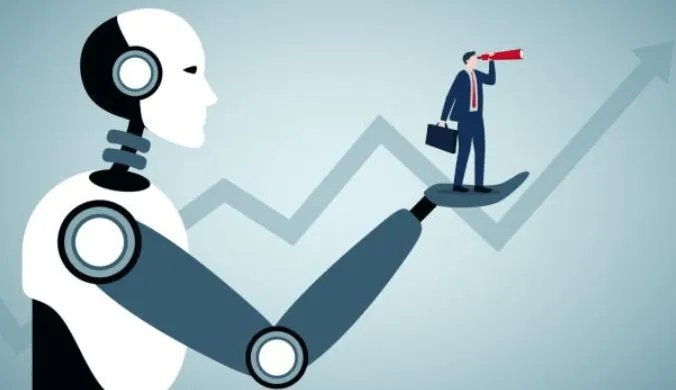U.S. Economy Becomes a Big Bet on AI: Growth, Risks, and Structural Shifts
By Today International News
Published: October 10, 2025
AI Investment Drives Economic Growth
The U.S. economy is increasingly tied to artificial intelligence (AI), with analysts estimating that a significant portion of recent growth in technology, productivity, and corporate investment is directly linked to AI adoption. From cloud computing and machine learning to automation and generative AI, U.S. firms are betting heavily on AI to drive efficiency and innovation.
Tech giants, startups, and even traditional industries are incorporating AI solutions to streamline operations, reduce costs, and expand market reach. This surge in AI-driven investment has become a major driver of U.S. GDP growth and employment in high-tech sectors.
Structural Shifts in the Job Market
The rapid adoption of AI is reshaping the U.S. labor market. Routine and entry-level roles in administration, logistics, and customer service are increasingly automated, while demand grows for AI engineers, data scientists, and machine-learning specialists.
This structural shift presents both opportunities and risks. On one hand, high-skilled jobs are expanding, offering higher wages and career growth. On the other hand, workers displaced by AI may face longer periods of unemployment or need to reskill to remain competitive.
Economic Risks if AI Growth Slows
Economists warn that U.S. economic performance is now highly sensitive to AI-related developments. A slowdown in AI investment or adoption could have outsized effects:
-
Corporate Earnings: Companies heavily reliant on AI-driven efficiencies could see margins shrink if innovation slows.
-
Stock Market Volatility: AI-focused equities, which have driven much of the recent tech rally, may face corrections.
-
Productivity Gains: Broader economic growth could decelerate if AI fails to deliver expected efficiency improvements.
Such scenarios could ripple across industries and affect consumer confidence, investment, and job creation.
Regulatory and Policy Considerations
Tighter regulation of AI, particularly around data privacy, ethics, and algorithmic accountability, poses another potential risk. Policymakers are debating rules to ensure responsible AI deployment, which could slow implementation in certain sectors or increase compliance costs.
Balancing innovation with regulation is critical to sustaining AI-driven economic growth without compromising social and ethical standards.
Conclusion: A Calculated Bet on AI
The U.S. economy’s growing reliance on AI represents a structural shift with profound implications for growth, employment, and competitiveness. While AI investment has fueled economic momentum, it also concentrates risk: any slowdown in adoption or tighter regulatory oversight could reverberate widely.
For policymakers, businesses, and workers alike, the challenge is clear: leverage AI’s potential to maintain economic growth while preparing for disruptions and managing long-term risks. The nation’s future economic trajectory increasingly depends on how successfully it navigates this AI-driven transformation.

